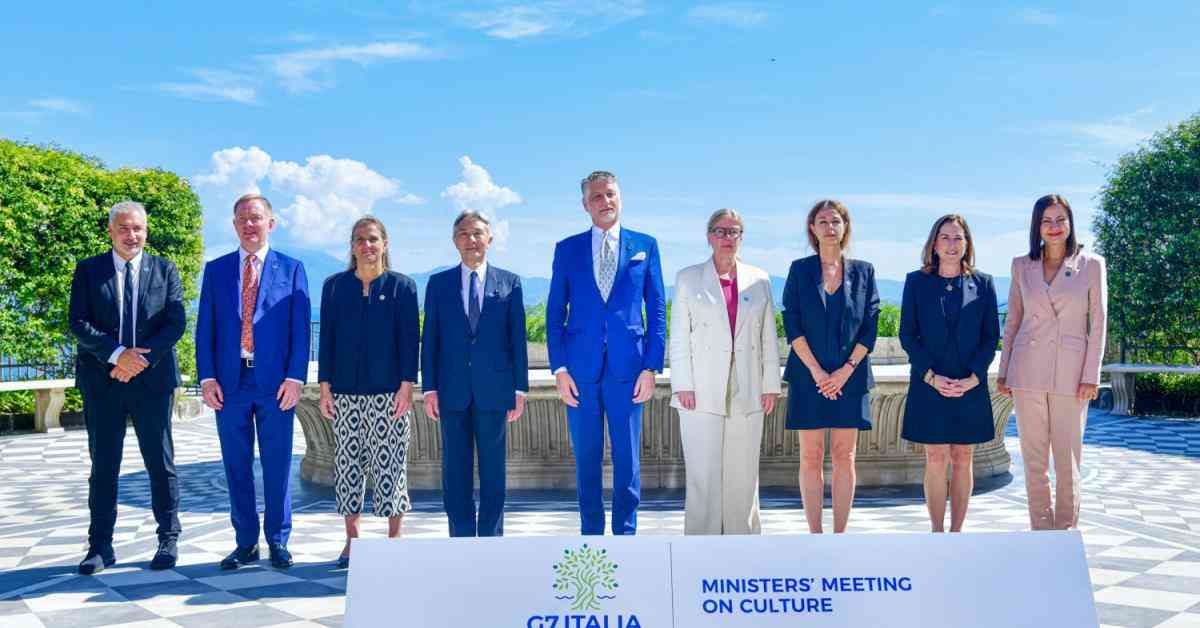The recent G7 Declaration of Culture Ministers has been met with enthusiasm by UNESCO, marking a significant step forward for the global recognition of culture. The Declaration emphasizes the importance of culture in all its forms, from natural and cultural heritage to the arts and creative industries. It highlights the intrinsic value of culture beyond its social, environmental, and economic benefits, aligning with UNESCO’s comprehensive programs for culture.
With the conclusion of the Ministers’ Meeting, culture has solidified its position as a driver of sustainable development. UNESCO has been actively involved in promoting high-level discussions on culture, including the G7 Minister meeting in 2017 and G20 Presidencies. The adoption of the G7 Declaration demonstrates a clear commitment by world leaders to protect and promote cultural rights at the highest levels of policy-making.
In response to the growing threats facing cultural heritage, UNESCO has been actively involved in addressing challenges such as climate change and illicit trafficking of cultural property. A significant portion of World Heritage forests are affected by climate change, while glaciers in World Heritage sites are melting at an alarming rate. Additionally, the illicit trafficking of cultural property poses a serious threat, with INTERPOL seizing thousands of stolen works of art in 2022 alone.
The Naples Declaration, which includes a dedicated section on illicit trafficking, underscores the importance of international cooperation in combating these threats. UNESCO has been leading efforts to fight against illicit trafficking for the past five decades through various initiatives, including the implementation of the Convention on the Means of Prohibiting and Preventing the Illicit Import, Export, and Transfer of Ownership of Cultural Property.
Looking ahead, UNESCO will continue its advocacy for culture at the upcoming MONDIACULT 2025 conference in Barcelona, Spain. The conference aims to build consensus among decision-makers and civil society actors in preparation for the post-2030 framework. During the event, UNESCO will release a global report on culture, providing insights into the current state of culture and identifying opportunities to harness the power of culture for a sustainable future for all.
